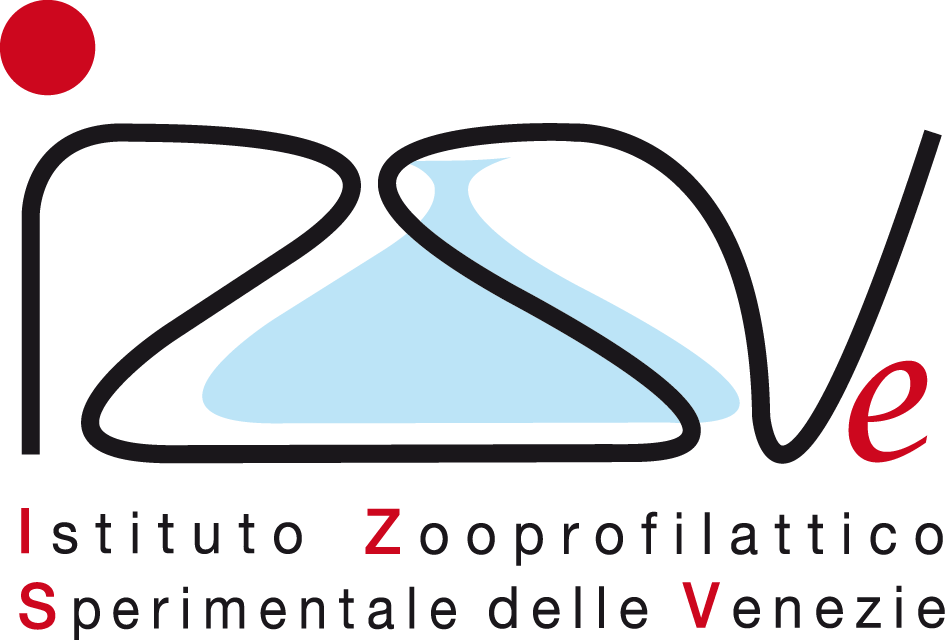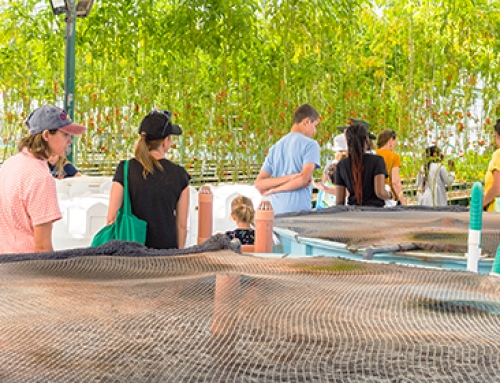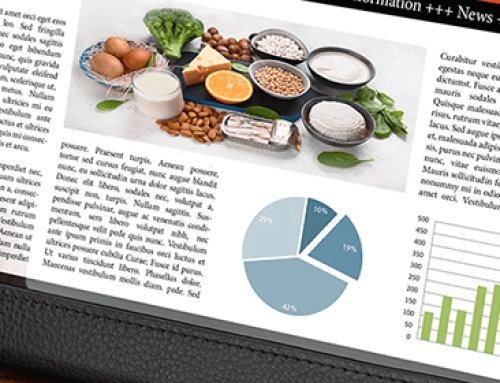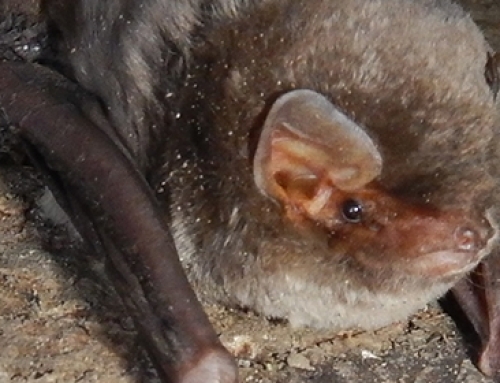The first year of activities stemming from the OIE Twinning Project “Improving NVRI laboratory capacity for a better control of the Avian Influenza virus at National and Regional level” between the Istituto Zooprofilattico delle Venezie (IZSVe) and the National Veterinary Research Institute (NVRI, Vom, Nigeria) will come to an end in January 2019.
The Twinning was supported by the OIE with the intent of improving the technical and scientific capacity of the NVRI laboratory, having as its final objective to support its progress towards becoming the point of reference for avian influenza diagnostic activities in Western Africa. In the last ten years this African region has been repeatedly hit by multiple avian influenza outbreaks (Influenza A H5N1, H5N8 and H9N2) and is presently facing the dramatic consequences caused by the circulation of multiple subtypes which have dramatically affected the poultry population to the point of becoming endemic.
The Twinning will last 24 months and was officially launched during the kick-off meeting held at the NVRI in March 2018. Between September and December 2018, the IZSVe organized the practical and theoretical training activities foreseen by the project; in particular, four Nigerian trainees were hosted at the IZSVe so that they could increase their awareness of classical and molecular methods for AI diagnosis, quality assurance and the proper biosafety and biosecurity measures to be applied working with avian influenza. A specific task was also dedicated to GIS methods to support the disease surveillance and control.
Between February-March 2019 the IZSVe will host some other training sessions focused on sequencing, molecular epidemiology and data management. At the end of these exercises, a proficiency test will be organized to assess the competences acquired by the NVRI personnel on classical and molecular diagnostic techniques.
Besides sharing knowledge and technical scientific skills in the field of avian influenza diagnostics and control, the project allowed the Nigerian colleagues to acquire a greater awareness about the importance of establishing a system of quality assurance and of upgrading the management of biosafety and biosecurity measures.
On the other hand, the IZSVe laboratory staff was given the opportunity to analyze the samples which had been sent to the IZSVe prior to the training activities. Together with the Nigerian colleagues, they were able to apply different protocols and to evaluate their efficacy on strains circulating in the African continent, thus offering an interesting and stimulating opportunity to strengthen the existing knowledge and skills.






















